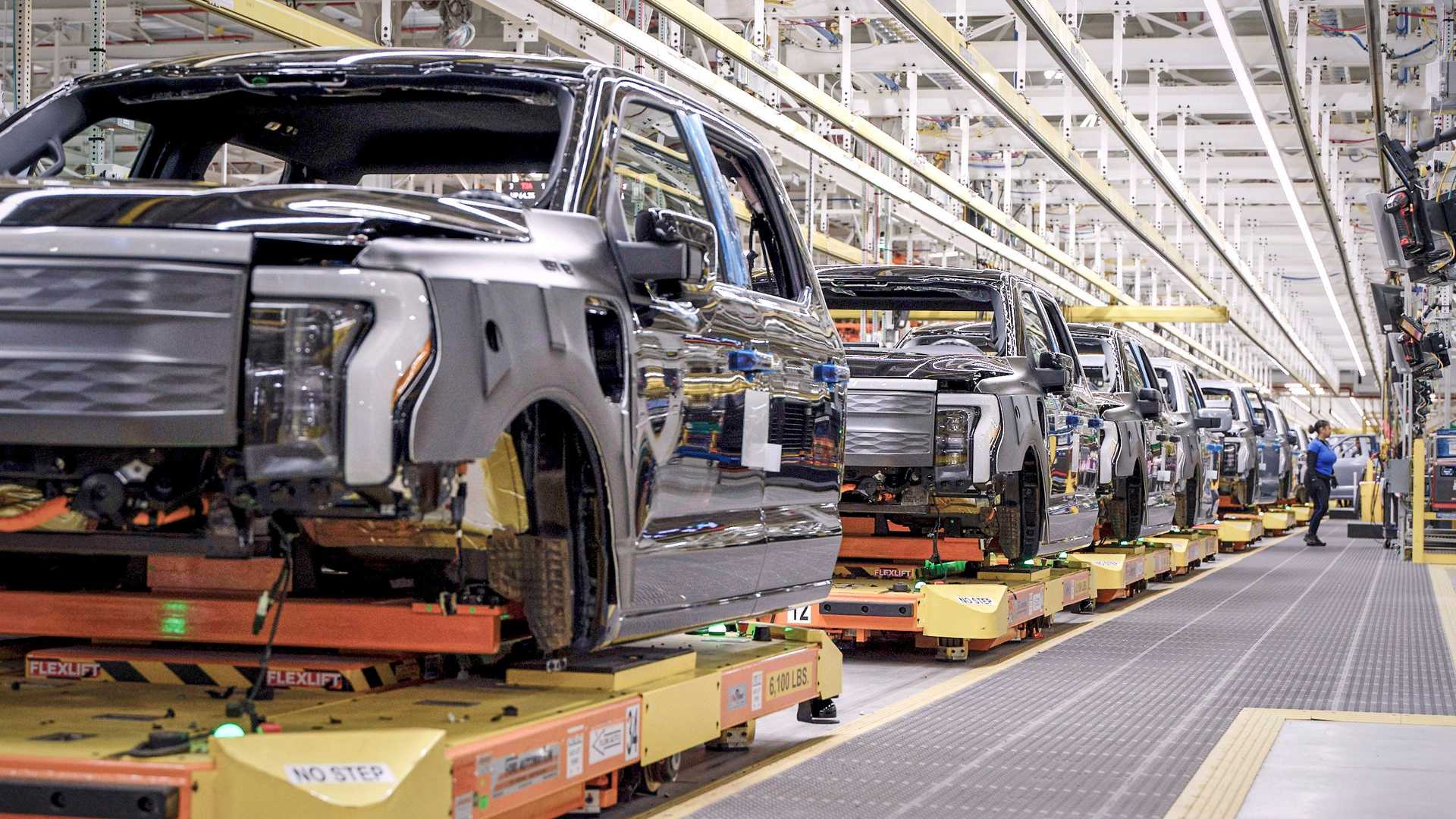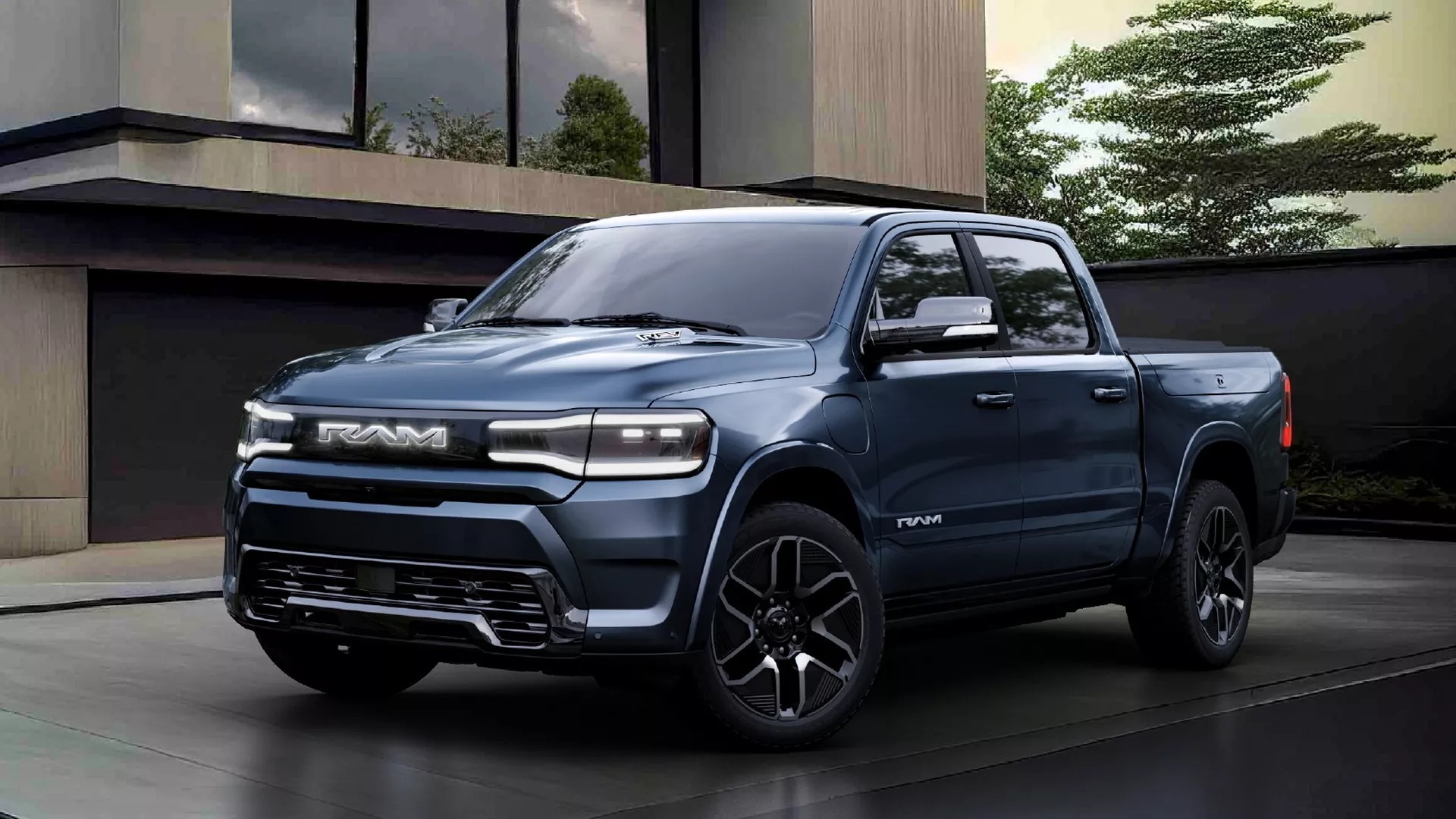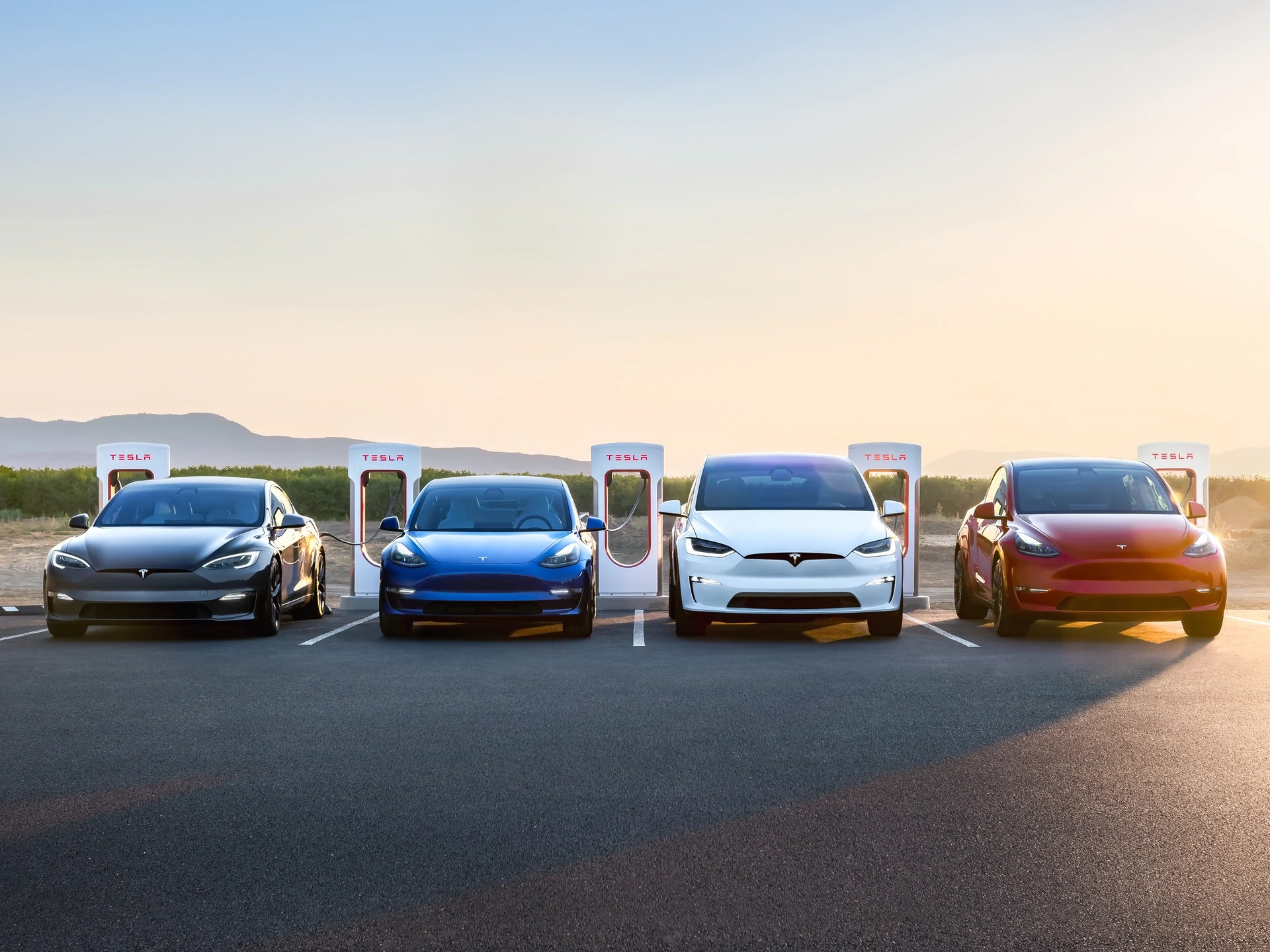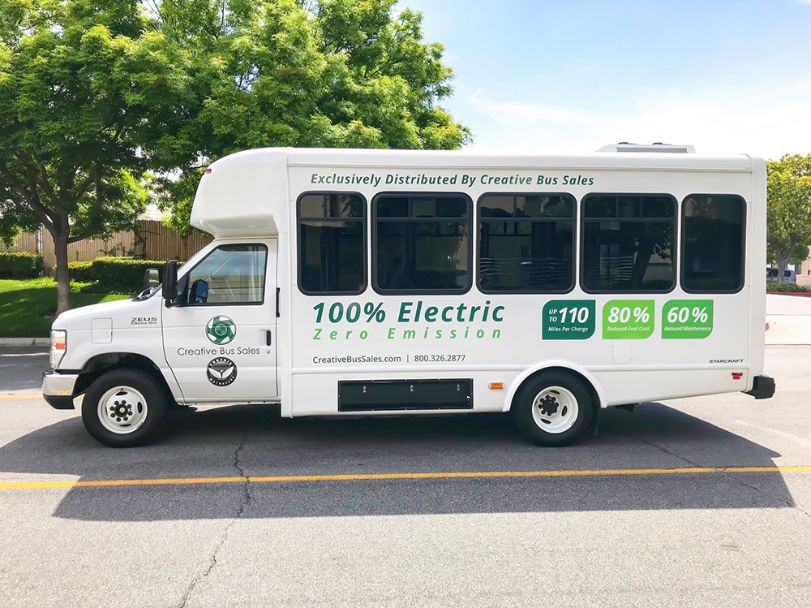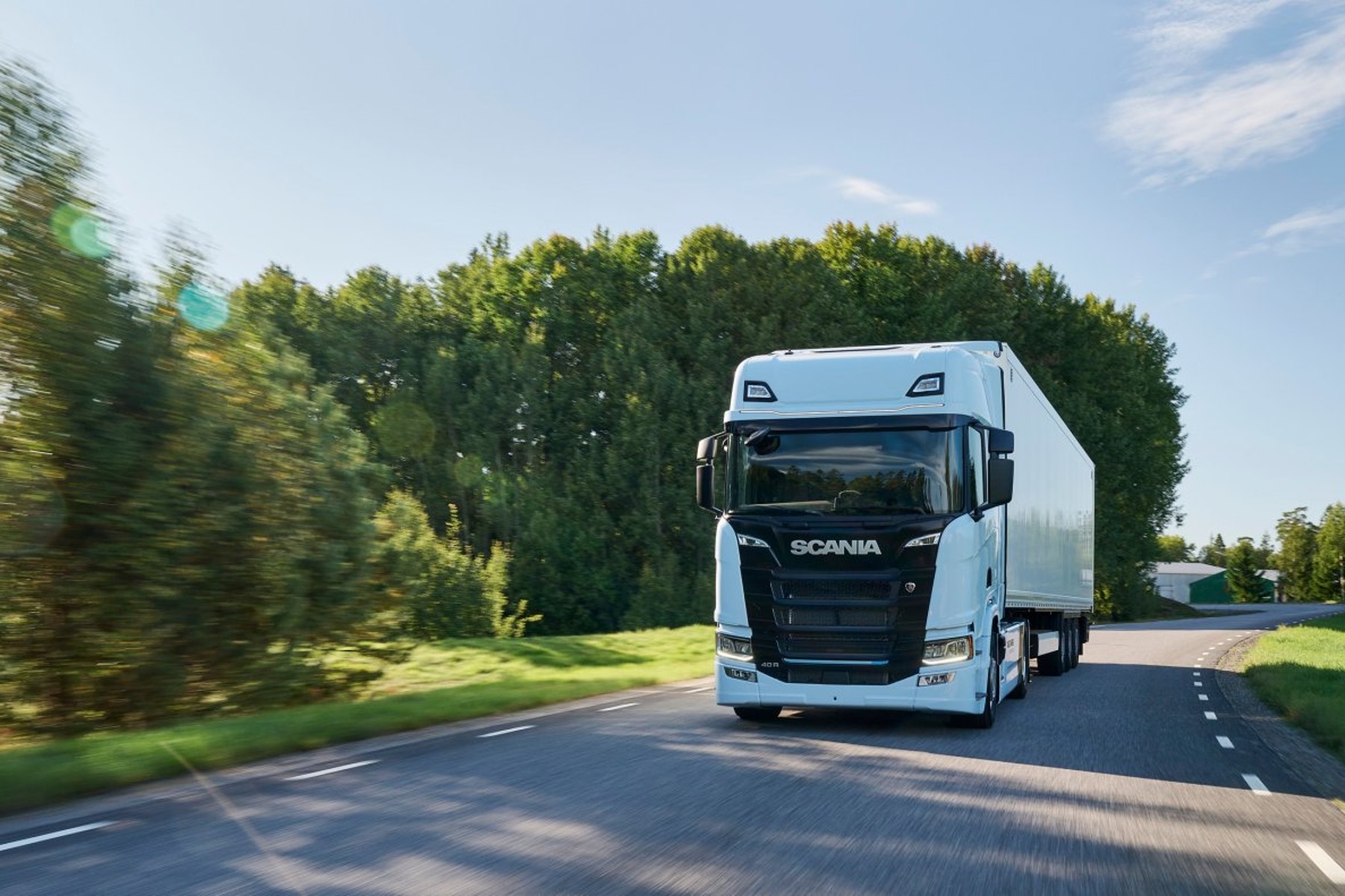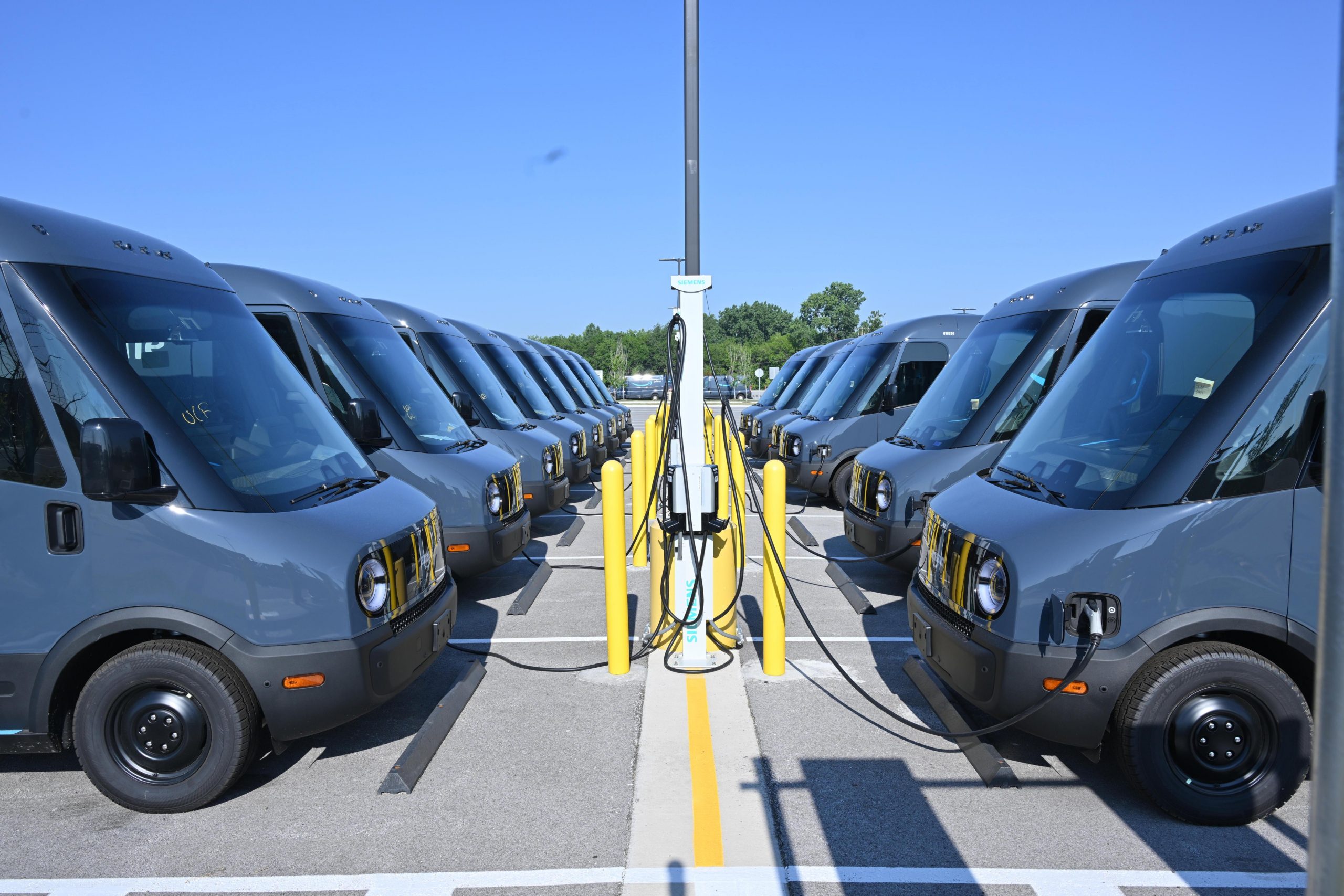Ford has recently revealed that it will reduce the production rate of its all-electric F-150 Lightning. This announcement comes despite the company securing 200,000 reservations for the electric vehicle (EV) in less than six months after orders began in early 2022. The decision to slow down production is attributed to supply chain disruptions and quality checks, but also shines a light on the rising politicization of electric vehicles in the United States.
Bill Ford, the company’s executive chair, discussed the complexities of the current U.S. EV market in a recent interview with The New York Times. “EV sales are still up 50 percent this year, so sales are growing very fast but we’ve also seen a politicization of EVs,” Ford said. He observed that the political divide has led to contrasting viewpoints on electric vehicles between blue and red states.
This heightened politicization comes amid differing stances from President Joe Biden and former President Donald Trump. While Biden aims to have electric vehicles make up 50% of new car sales by 2030, Trump has criticized the sector, claiming that future EVs will be manufactured in China.
Despite the challenges, Bill Ford expressed optimism about the future of electric vehicles. He cited ongoing improvements and cost reductions expected in the next generation of Ford EVs as a reason for long-term confidence. “The next generation, which will start coming quite quickly, was developed with a clean sheet of paper. When you do that you can really start taking cost out, and then you can start pricing them accordingly,” Ford noted.
Ford’s latest move to slow the production of the F-150 Lightning could be seen as a pragmatic response to a range of obstacles, from supply chain difficulties to the unexpected politicization of the EV market. Regardless, the executive chair remains positive about the brand’s electric future, insinuating that the issues are temporary speed bumps on the road to wider EV adoption.

